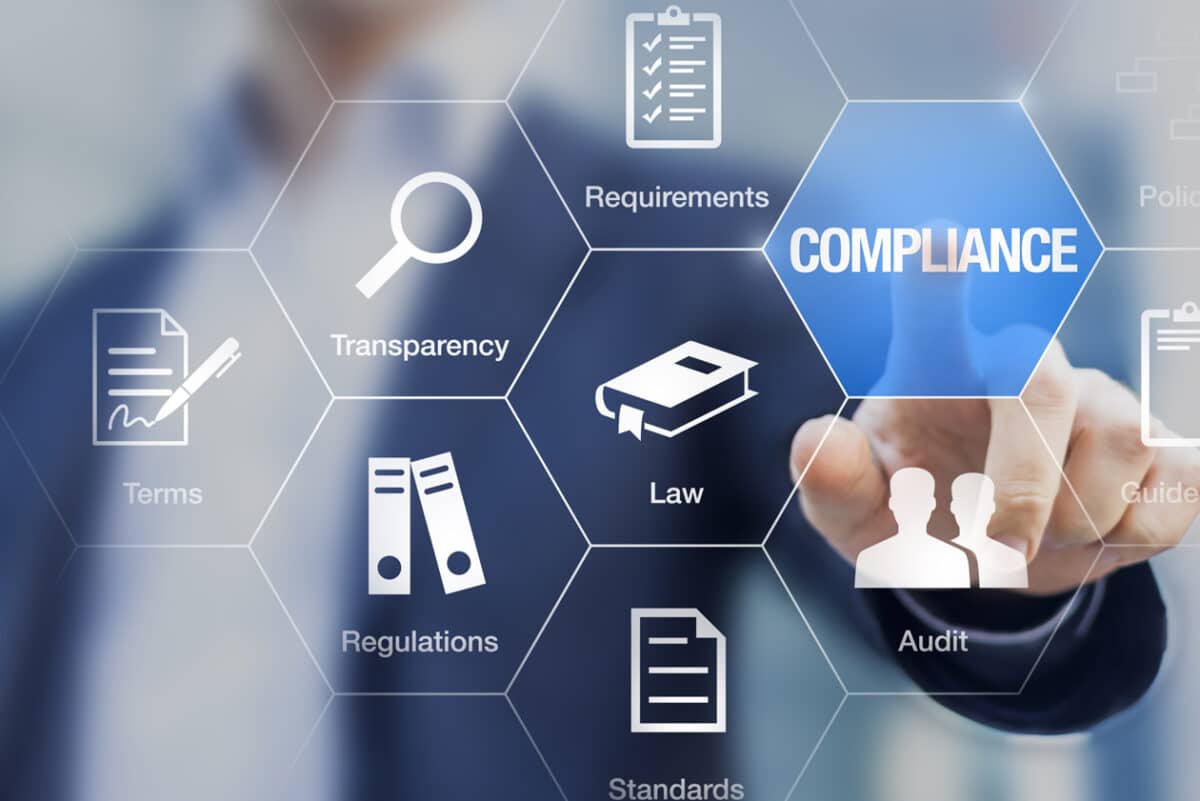There are almost always one or a few people within a specialty pharmacy that can wax on at length over the topic of compliance. Compliance is a broad term for many companies, but especially in the healthcare area.
Specialty pharmacies need to be very careful in ensuring that they are in full compliance with federal and state laws, Boards of Pharmacy requirements and a host of regulatory agencies. It is a full-time job.
The article below is one that those compliance ‘nerds’ should be able to write on their own. We offer it up for the rest of us that should know enough about this important topic to be dangerous. It is a bit of a long read but it is offered up in small digestible pieces. I always encourage people working in this industry to understand all of the working parts that are essential to ensure that they will survive and thrive in an increasingly competitive marketplace. So, give it a speed read at a minimum.
20 Elements of an Effective Pharmacy Compliance Program: A Nonexclusive List of U.S. Pharmacies’ Obligations Under Federal Law
Pharmacies operating in the United States are subject to a host of compliance obligations under federal law. These compliance obligations touch on all aspects of pharmaceutical practice, from drug ordering and inventory management to billing public and private payers. Despite the extraordinary scope of pharmacies’ compliance obligations, federal authorities do not excuse oversights. If an audit, investigation, or whistleblower complaint reveals evidence of shortcomings in any respect, pharmacy owners and pharmacists-in-charge can expect to face significant ramifications.
With this in mind, for pharmacies in the U.S., compliance needs to be a priority. Pharmacies cannot rely on the excuse of being overburdened with high demand, and they cannot expect to escape scrutiny if……….. CLICK HERE TO ACCESS THE FULL ARTICLE
Oberheiden P.C. © 2020
National Law Review, Volume X, Number 210


